|
Inspired by Penny Wirsing, 2019 President of SWE Is there a typical "working parent"? Maybe. But many people have unique situations. It's easy to meet someone and make assumptions, but often those assumptions are wrong, and the reality of someone's situation contains some unexpected elements. That's what happened recently when Penny Wirsing, the 2019 President of the Society of Women Engineers (SWE), spoke at the Michigan State University College of Engineering Commencement Ceremony. Her speech was encouraging and inspiring. So much so that we contacted her and asked if we could share the content with Working Parent Stories readers. One thing Penny didn't mention in her speech, and it supports the point that assumptions can be inaccurate, is the story about how and why she became an engineer. While she was a trailblazer at the time she obtained her degree, there is more to her story. Before Penny started college she married, had a daughter, and divorced. As a single mother, she became a secretary in order to support her small family. It didn't take long for her to realize that she would not be able to live the life she envisioned for her daughter and herself on a secretary's salary, so she headed in another direction and started down the path to pursue an engineering degree. She started taking community college classes as she continued working. That enabled her to attend evening classes while she countinued to work full-time. And the community college courses were less expensive than those offered at universities. While working full-time, she completed enough courses to enter Michigan State University (MSU) as a junior. While there, Penny felt as though she didn't fit in with the other students. Only about 25% of the students were female back then, but it was her status as parent and breadwinner that made her feel the most out-of-place. As she juggled a job and parenting with her classes, the other students were juggling their coursework with dorm living and other extracirricular activities. Most would agree that pursuing a college degree is challenging and that parenthood is challenging too, but few of us attempt to do both at the same time. Penny said she was able to pull it off by focusing on things one step at a time. A benefit of Penny's situation was that while she was a student, she was also a teacher with a very attentive pupil; her daughter. Her daughter learned that if you want to do something, and you're willing to put in the work, you are likely to get it done. Penny, like most parents, could have told her these things, but she believes that showing her had a more meaningful impact. And it appears to have worked, given that her daughter is now grown and pursuing a career of her own as a Federal Attorney. Sometimes it's easy to forget that while we're working and learning, we're also teaching. And we're never sure exactly who is watching or who will learn the most.
Related reading (and listening):
0 Comments
Submitted by Kathy Haselmaier A number of recent activities have me thinking about an intersting way parents differ, even within tight groups. It seems that some parents encourage their children to try to "fit in" while others encourage them to try to be "different". Most parents want their kids to succeed, but they don't always appear to agree about which paths are most likely to lead to success. I'm thinking that in many cases, our work experiences influence our parenting philosophies. When in come to helping kids develop their identities, some parents appear to strongly encourage their kids to seek out a good group of friends and then find ways to "fit in". In some cases the parents even go to extraordinary lengths to ensure that their children will be accepted by a group by encouraging (or even pushing) them to pursue popular activities such as soccer, choir, or academics. Sometimes the parents go as far as purchasing expensive things like clothes, cars and trips to be sure that the kids "fit in". Then, once the kids are established within a group, the parents encourage them to try to stand-out among that group. Other parents appear to take a different approach. They don't appear to value the trending activities as much and instead encouage their kids to follow an inner calling and/or look for empty spaces to fill be pursuing less popular activities like fencing, origami, or cooking. These parents seem to think that their children are more likely to be successful in this way. Is one way better than the other? Well I certainly have a preference for one of those routes over the other, but maybe that's because it's the best path for my kids. The more I think about it, the more I think we need both kinds of people; those striving to seek commonalities as well as those who want to be different. If everyone was striving to fit in all of the time things could get very boring very quickly. And if everyone wanted to be different, maybe nobody would be different, and we'd devolve into a state of utter chaos. Which kind of parent are you?
Assuming that a person's future family status is unknown (i.e. they are not yet married):
Does it ever make sense to give different career advice to boys/men vs girls/women? Serious question. Let us know what you think. Pointer to an interesting HBR article about working parents If you spend time wondering how your career and/or your spouse's career might affect your kids, you'll want to read this HBR article: How Our Careers Affect Our Children by Stewart D. Friedman. Here are just a few of the interesting insights provided by studies outlined in this relatlvely short article:
Pointer to short video about the value of the roles we model People work for many reasons. We often assume that people work to support their families which is often true. But how often do you stop to think about how your work, and the example it sets, benefits your children beyond putting food on the table and a roof over their heads? Kathleen McGinn, a Harvard Business School professor, explains how our careers help our child in this short video (2:26 min).
Related stories:
Recently, I spoke with several friends who are also mothers. It seemed like each one of them was complaining about the same thing: They were running around like headless chickens who were tired and worn out and they had no time for themselves.
As working parents we are often pulled in many directions and bombarded with multiple demands at the same time: Your boss wants the report in ten minutes, a child wants a treat now, the laundry basket is overflowing, and we badly need a haircut. The list goes on and on. Whether you are a working parent with one, two, three or more children, or even the parent of a special needs child, the demands on you and your time seem endless. Many of us find it difficult to prioritize our own needs above those of others. And sometimes it feels like we are losing ourselves in the process. While it is important to take care of others, it is essential to take good care of ourselves first. Like the airlines remind us: "Put the oxygen mask onto your own face before helping small children and others". If we can't breathe or function, it's impossible for us to help others. Taking good care of ourselves has to be a priority! Whether this means going for a run, doing yoga, meeting with friends, or just taking a few minutes to sit down and relax. Make these rituals ruthless priorities! They help us feel better and stay sane. Plus, your children will benefit by learning and appreciating that taking good care of oneself benefits everyone. Remember: It is not selfish, it is self care. Pointer to a video news conference with Dr. Donna Strickland On October 2, 2018 Dr. Donna Strickland was announced as a 2018 winner of the Nobel Prize in Physics. Dr. Strickland is an associate professor at the University of Waterloo who describes herself as a "laser jock". During an entertaining and inspiring news conference, Dr. Strickland described what it's like being the first Canadian woman to win the honour, and she also talks about being a working parent. She and her husband raised two children while pursuing their careers. When asked (at the 10:50 min mark in the video) if she thinks that scientists have a responsibililty to the world, Dr. Strickland replied (in part), "We all should do what we find fun and what we can do." She went on to say that when her daughter was quite young her daughter was being asked by her friends about the fact that her mom went out to work instead of staying at home. Dr. Strickland told her daughter, "The world works best if we all do what we're good at."
Pointer to a Forbes article by Mary Beth Ferrante Yesterday Forbes published a great article called How To Survive A Two Breadwinner Household. We love the article because it promotes many of the same ideas we promote and aligns with many of the topics we've covered recently including the following (and many more):
Thank you, MaryBeth Ferrante, for helping other dual income couples recognize the challenges so we can be sure our families thrive and we contribute to a brighter future in so many ways.
When you do a lot of reading about working parents (like we do), there are a few topics that surface consistently, and one of them is guilt. Interestingly this word is rarely associated with working fathers. But it is common to read about working mothers who claim they are racked with it. I find this surprising and confusing. It's not that surprising (at least to me) that some people want working mothers to feel guilty. I get it, and I've met those people. Some people fear change, like the changes that have been occuring over the last 50 years as mothers' work has transitioned from home-based work, to less work (think washing machines and dishwashers), to paid work outside the home. Apparently those who are bothered by these changes want to either slow the pace of change or stop it completely so they try to convince mothers that it is somehow wrong when they strive to make contributions beyond the home and family. (Unless it's volunteer work. Apparently everyone admires volunteer work.) Dictionaries vary slightly when it comes to defining the word "guilt". For the purpose of this article, I prefer the definition found in the Cambridge English Dictionary; "a feeling of worry or unhappiness that you have because you have done something wrong, such as causing harm to another person". I get that some don't like change and want to discourage mothers from pursuing careers. Maybe they want to justify their own choices. Maybe they can't see how a mother's career, just like a father's career, can provide benefits for the children she is raising. Or maybe they don't like the fact that the presence of women often changes a work environment. But here's what I don't get; why do women waste time wrestling with these crazy and out-dated judgments? Given all of the research that shows that women who pursue careers often raise kids who become capable, happy adults (and sometimes the most capable, happy and fairly paid when they pursue careers of their own), isn't it crazy to feel guilty about working today? Some claim that a mother shouldn't work if her spouse makes enough money to cover necessities for the family. And I've never (and I mean never) heard anyone claim that a man ought to cut back the hours he works if he makes more than enough money to cover his family's necessities. I've also never heard anyone suggest that a father shouldn't work if his wife is able to support the family (although I do know of a few men who abondon their careers when this is true). If we're going to stop associating the word guilt with working mothers, and please, let's do this, mothers need to lead the way. If you are a mother (or father) and truly feel guilty about working (meaning you actually believe that you are hurting someone via your career) quit your job! A feeling of guilt implies you know you are doing something wrong and you shouldn't be doing it. So don't do it! Otherwise, don't let people scam you.
Observation Parents regularly experience conflicting emotions. That's part of life. Good friends and supportive relatives listen sympathetically when we describe lumps in our throats after watching our child walk into a school for the first time, getting behind the wheel of a car for the first time, bounding into a college dorm after a holiday weekend, or accepting a job far away from home (or at least that place they used to call home). These people understand that while we may have fought back tears, we're also swelling with pride. We wouldn't have it any other way. These milestones mean that we've done our jobs, and truth be told, we fear the alternatives. Being able to experience sadness and joy at the same time proves that we're alive and that we have feelings. It's normal. So it is with great enthusiasm that I report on a growing trend I've noticed among young working parents; they seem very comfortable saying things like, "I was so sad when I dropped him off at daycare for the first time this morning, and it was so great to see my co-workers again after being gone for so long." Not so long ago it wasn't OK to express these conflicting emotions. But apparently now it is. That's progress!
Related stories:
|
The StoriesArchives
March 2022
Categories
All
|
Photos from barnimages.com, marcoverch, truewonder, donnierayjones, marcoverch, shixart1985, Gustavo Devito, edenpictures, nan palmero, quapan, The Pumpkin Theory, bark, opassande, Semtrio, Ivan Radic (CC BY 2.0), verchmarco (CC BY 2.0), Didriks, shawnzrossi, shixart1985 (CC BY 2.0), madprime, marksmorton, CT Arzneimittel GmbH, NwongPR, franchiseopportunitiesphotos, anotherlunch.com, jdlasica, wuestenigel, Frinthy, romanboed, Doris Tichelaar, quinn.anya, A_Peach, VisitLakeland, MEDION Pressestelle, Darren Wilkinson, bratislavskysamospravnykraj, Anthony Quintano, Danielle Scott, pockethifi, Bridgette Rehg, Martin Pettitt, PersonalCreations.com, wuestenigel, Thad Zajdowicz, archer10 (Dennis) 139M Views, Infomastern, beltz6, The National Guard, futurestreet, daveynin, OIST (Okinawa Institute of Science and Technology), Rinet IT, shixart1985, mikecogh, JeepersMedia, Ryan Polei | www.ryanpolei.com, Jake.Christopher., aleksandrajovovich, thepeachpeddler, wwward0, flossyflotsam, Got Credit, Senado Federal, Corvair Owner, lookcatalog, moodboardphotography, dejankrsmanovic, Carine fel, ElleFlorio, {Guerrilla Futures | Jason Tester}, greg westfall., Arlington County, mariaronnaluna, quinn.anya, wuestenigel, Tayloright, insatiablemunch, MrJamesBaker, Scorius, Alan Light, Monkey Mash Button, www.audio-luci-store.it, wohlford, Vivian Chen [陳培雯], okchomeseller, BoldContent, Ivan Radic, verchmarco, donnierayjones, Czar Hey, US Department of Education, Andrew Milligan Sumo, Michel Curi, anotherlunch.com, ProFlowers.com, Cultural viewpoints from around the world, alubavin, yourbestdigs, Rod Waddington, Tayloright, Wonder woman0731, yourbestdigs, donald judge, Thomas Leth-Olsen, Infinity Studio, shixart1985, wuestenigel, francesbean, Roger Blackwell, MrJamesBaker, Luca Nebuloni, MFer Photography, erinw519, boellstiftung, North Carolina National Guard, A m o r e Caterina, MrJamesBaker, bellaellaboutique, Free For Commercial Use (FFC), Prayitno / Thank you for (12 millions +) view, wuestenigel, Matt From London, MadFishDigital, Kompentenzzentrum Frau und Beruf, mikecogh, CreditDebitPro, marciadotcom, Mr.Sai, _steffen

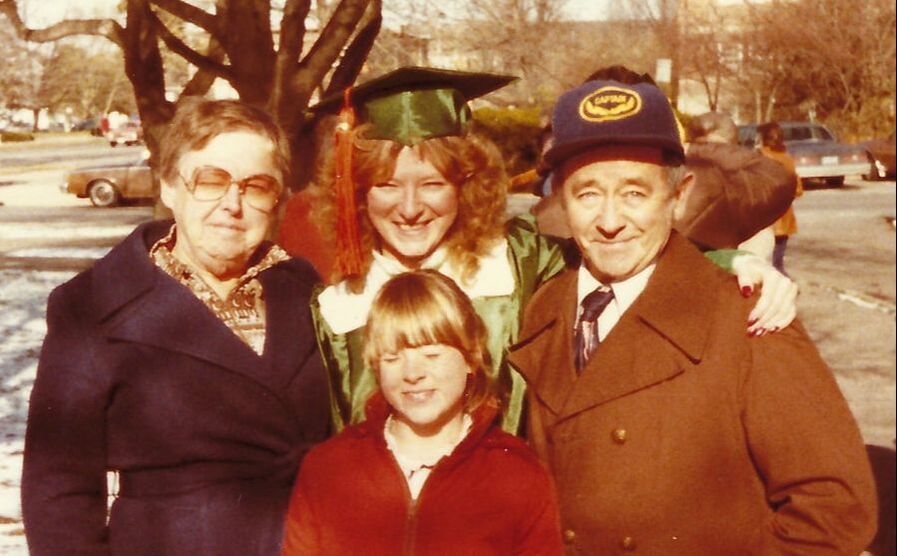


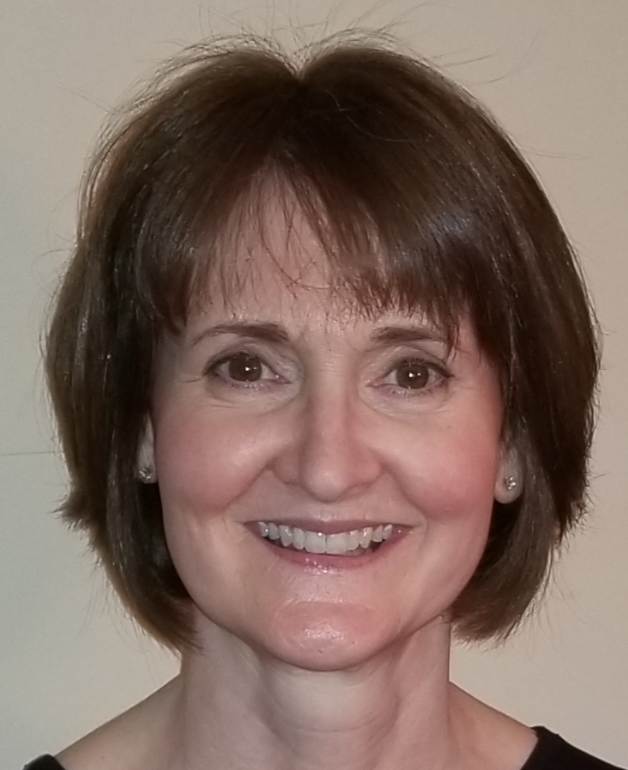
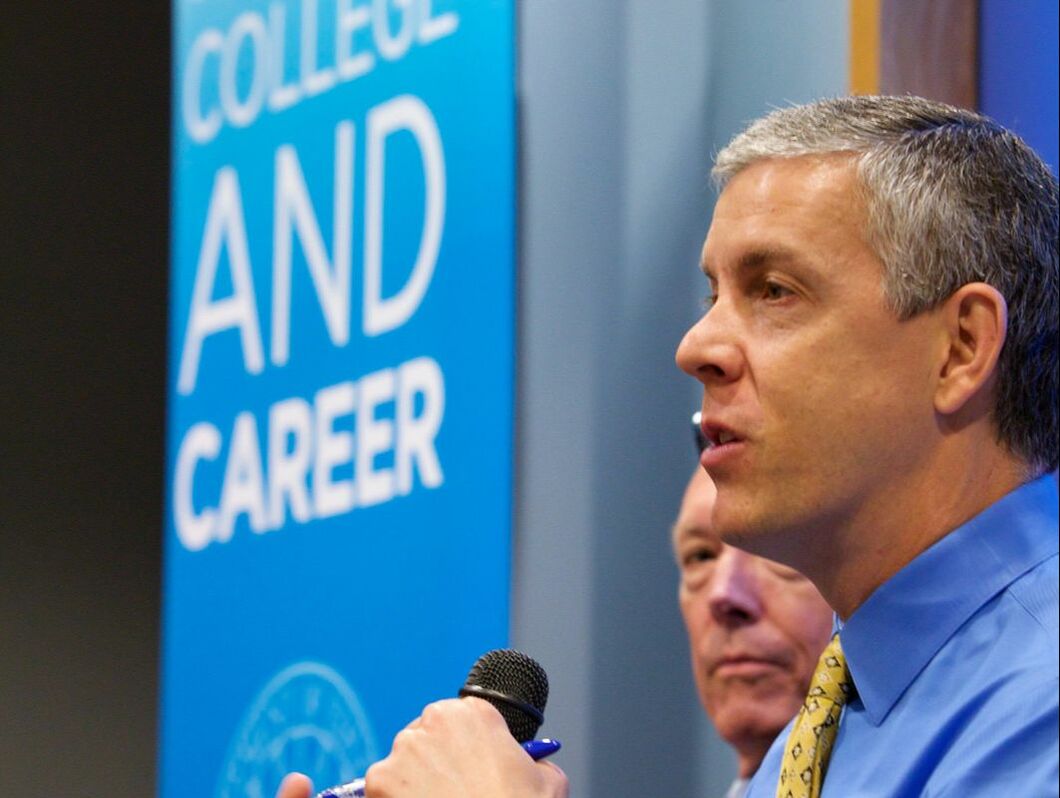
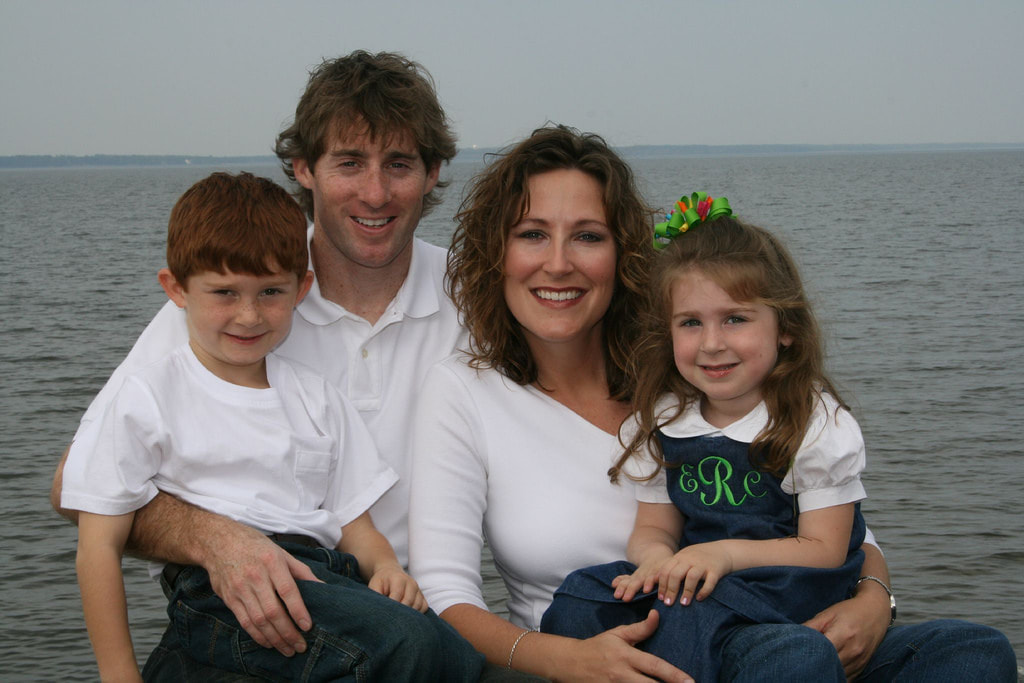


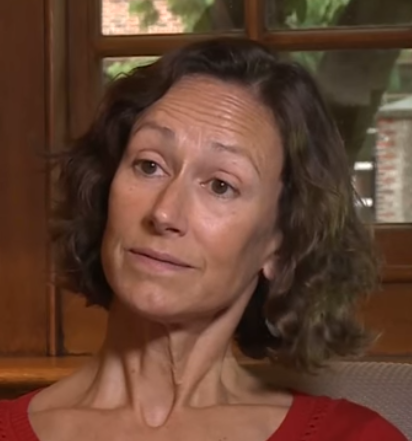




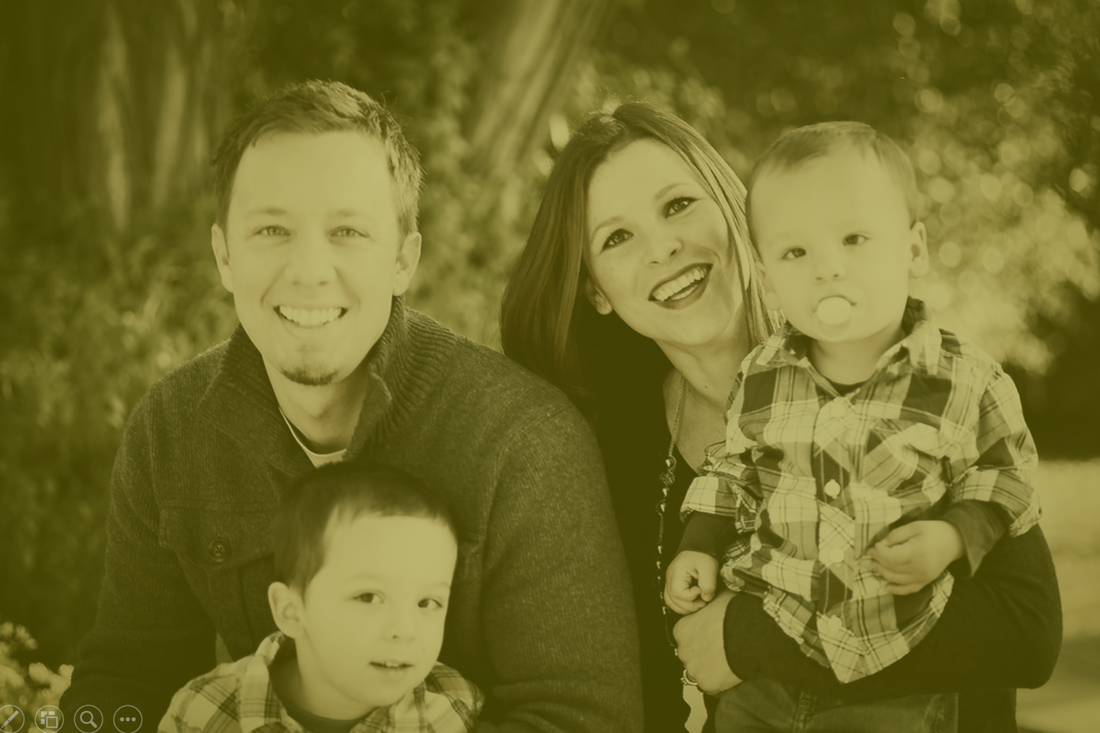


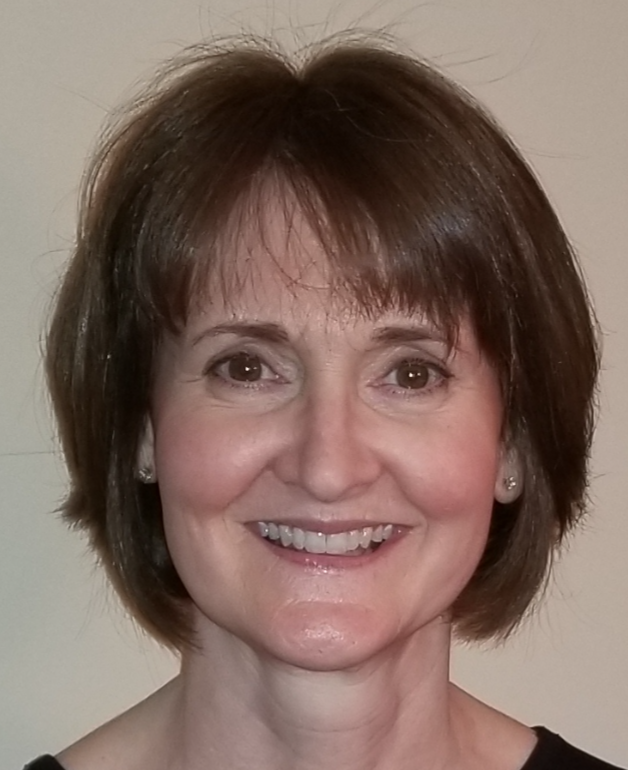

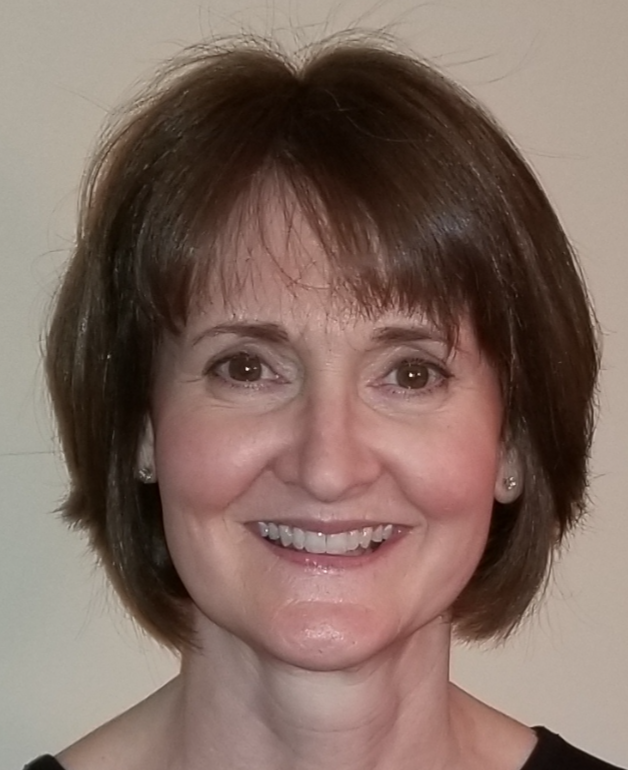
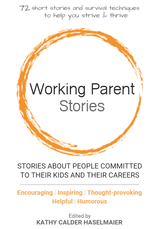
 RSS Feed
RSS Feed